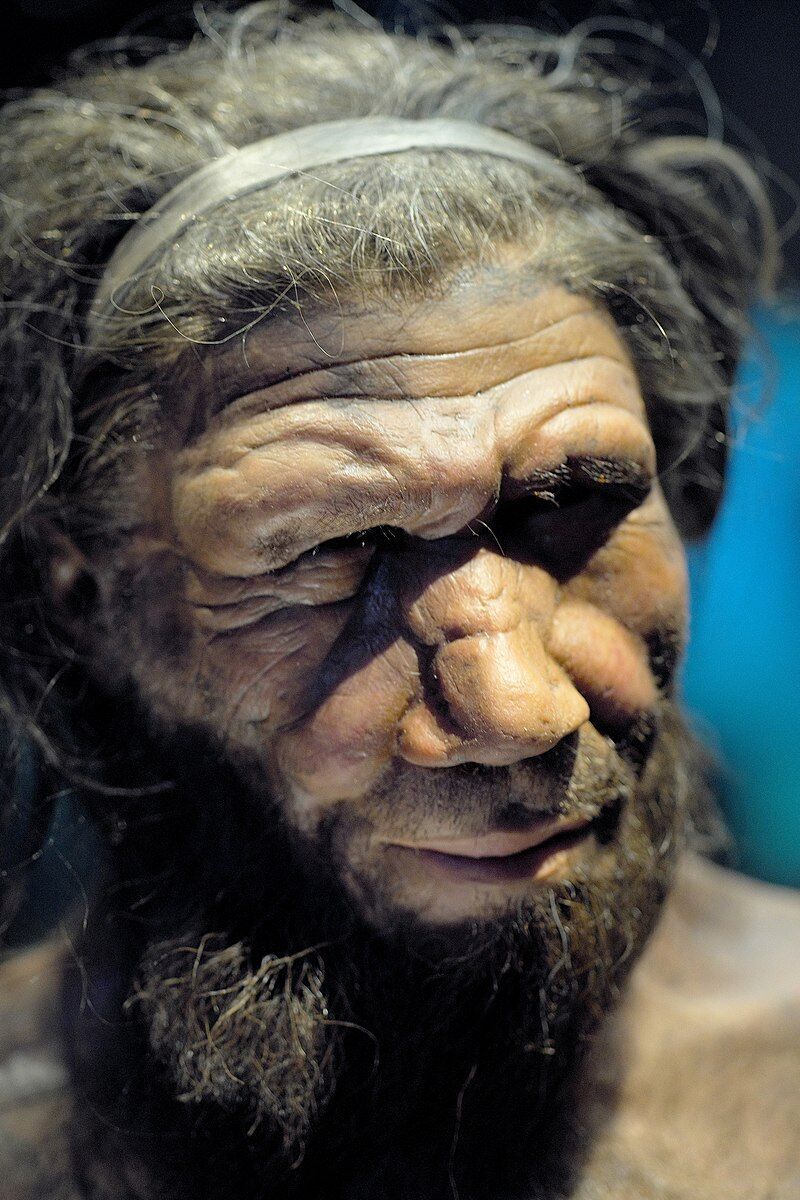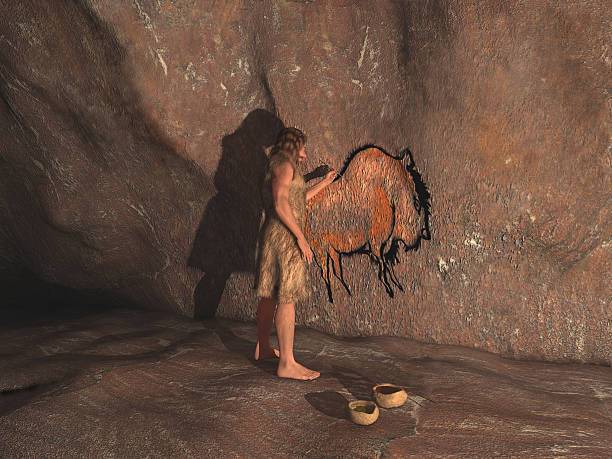News
The oldest known human virus, which is 50,000 years old, has been found: now scientists want to "wake it up"
The oldest known human virus has been discovered in a set of Neanderthal bones that are more than 50,000 years old. The researchers from the Federal University of São Paulo who discovered the viruses believe they can reproduce them.
The two prehistoric individuals were male, and their remains were found in a cave in Russia, Arkeonews reports. The DNA results showed traces of papillomavirus (sexually transmitted), adenovirus (causing colds) and others.
Adenoviruses can cause a wide range of diseases, from the common cold to an unpleasant bout of acute gastroenteritis. The most common Epstein-Barr virus, which can cause mononucleosis and multiple sclerosis, belongs to the herpesviruses. Papillomaviruses are perhaps best known for their association with cervical cancer.
The team that made this discovery now plans to try to synthesize "Jurassic Park-like viruses" to see how they differ from modern ones.
"The viruses could be studied for reproductive and pathogenic properties and compared with modern counterparts," Marcelo Briones, lead author of the study, told NewScientist.
At the same time, the scientist has doubts about how to achieve this in practice, given "the lack of a complete understanding of how viral DNA is damaged and how to reconstruct the recovered fragments into a complete viral genome."
"In addition, the interaction between the host and the virus should be taken into account, especially in a completely different environment," the scientist added.
The remains were found in the Chagyrskaya Cave in the Russian Altai Mountains in Siberia. They belonged to a group of nine found in 2022. The remains of these nine groups shared DNA, indicating that they were related.
The researchers were able to organize the Neanderthal genome data, which made it possible to look into their DNA. It was found that the viral traces in the remains did not come from animals or modern humans who contaminated them.
"Overall, our data indicate that these viruses did infect Neanderthals," Marcelo Briones said in an interview.
Experts have long speculated that viruses could have caused the extinction of Neanderthals, and this latest discovery may confirm that theory.
This does not mean that viruses alone could have caused the extinction of Neanderthals, and the authors of the article clearly stated this. But it does support the theory put forward by some scientists that viruses may have been involved.
"To support their provocative and interesting hypothesis, it would have been necessary to prove that at least the genomes of these viruses could be found in Neanderthal remains. This is what we have done," Briones said.
Only verified information is available on our Telegram channel OBOZ.UA and Viber. Do not fall for fakes!





























